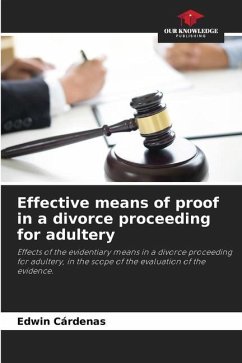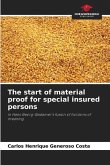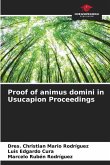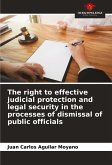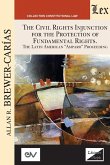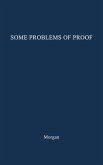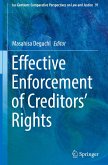This work deals with the effects of the evidentiary means provided for in the COGEP in a divorce proceeding on the grounds of adultery in the field of the assessment of evidence, since it is not easy to prove adultery, it is difficult to present relevant, conducive and useful evidence; through non-experimental qualitative research, bibliographic, using the technique of filing and legal hermeneutics applied to the different sources of law such as law, doctrine and jurisprudence, allows us to form a criterion based on Ecuadorian positive law. The results indicate that the regulations foreseen by the legal system provide for adultery as grounds for divorce, and contain prerogatives applicable to the case, however, in the procedural field regarding the evidence, its admission by the judge with evidentiary effectiveness must meet the requirements of relevance, usefulness and conduciveness and be obtained with respect to the Constitution and the law.
Bitte wählen Sie Ihr Anliegen aus.
Rechnungen
Retourenschein anfordern
Bestellstatus
Storno

